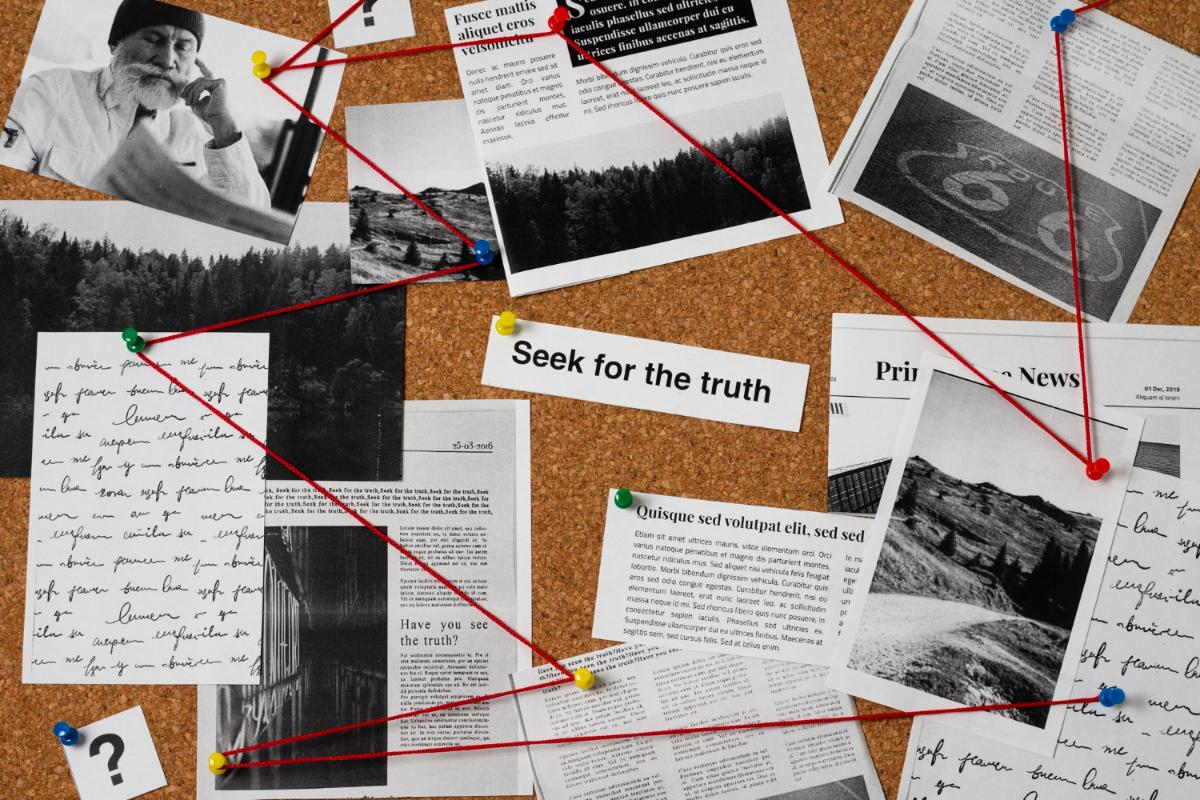


Getting arrested could be a nightmare for most but some people, it's a regular occurrence, and they have heard the Miranda warnings a countless number of times. Even if you haven't been arrested before, you must have heard in movies and on television that someone is being read their rights. It usually sounds like; "You have the right to say nothing. Whatever you say will and can be used against you in the court of law…" It is however not just as simple as it is stated. There are some things that you must know about Miranda Warnings and when they apply.
There has been enough emphasis on the importance of reading rights to suspects and criminals. But a lot of Americans do not know what their Miranda rights are, and when they should expect that it is read to them by an officer of the law. If a person gets arrested and is in police custody, that person's Miranda Rights must be read to them before the arrival of a lawyer or bail bondsmen in Orlando.
Miranda Rights is a detailed description of the rights every American is entitled to if they become suspects in an investigation or they get arrested. Miranda Rights emanated from a supreme court case, Miranda v Arizona. These rights are usually read out loud to every suspect upon arrest or detention, and every individual should adhere to them. There are listed below;
There may be slight differences in how these rights are worded by a law enforcement officer and usually, the question, "do you understand the rights that you have just heard?" will be added to the above-listed rights.
Some of the phrases of the Miranda Rights may change depending on the state or region where it is being applied. Standards for one state in the United States vary from standards in another state, but what remains the same is the actual rights that these wordings try to pass across and protect.
From what we have seen in movies and on television, we have all been led to believe that once an individual is under arrest, the arresting officer is required to read the Miranda Rights to that individual and if they don't, the arrest does not hold. But this is not so. There are two situations in which the Miranda Warning are required to be read. First situation is when the individual has been arrested and is in police custody. Second situation is when the individual or suspect is being interrogated. If neither of these two situations or conditions hold, the police have no reason to read the Miranda Warning to you. This also implies that anything you say before you are read the warning can be used against you in court.
Police custody does not necessarily mean being locked up – it refers to when you have no freedom to whatever you like as a result of being arrested. It also does not refer to being stopped in traffic or being questioned on the road.
The moment a suspect is in custody; the next thing is to be interrogated. It is only at this point that the police must read to you your Miranda Rights. Being asked for a means of identification is neither considered to be interrogation nor custody. You are normally obligated to provide your ID if a police officer asks for it. Other than this, it is best not to talk at all. Interrogation is the process of being asked questions that may implicate the suspect in a crime. This is done so that the questions asked during an interrogation maintain a high level of integrity.
Recently, the Supreme Court modified the law binding how Miranda Rights should be used in interrogations. The Supreme Court also ruled that after a suspect has exercised their right to keep quiet, the police can start another round of questioning after two weeks from the initial investigation. According to this ruling, there is no need to read the Miranda Warning a second time. The first one still holds and remains in full effect.
If it happens that the police do not read the Miranda Warnings to you under the required conditions, it does not mean your case is null and invalid. What this means is that anything you say or any questions they ask you cannot be used in a court of law as they will be rendered invalid. If they go ahead and question you, and they discover any evidence, none of those will be admissible in a court of law.
For instance, if a suspect was not read his or her rights and that suspect confesses to theft and the location of what was stolen. Both the information provided and the things recovered are not admissible in the court of law except the police can prove that they can find the evidence without the suspect's confession.
So, as far as Miranda Warning is concerned, once you get arrested, the first thing that should be in your head should be how to get a criminal lawyer to come to your defense. If you get arrested in Orlando, you can engage the services of Bail Bondsmen in Orlando, so your bail process can be guaranteed and go smoothly. For one of the most capable bail bondsmen in Orlando, you can contact Mikes Napp Bails Bond.